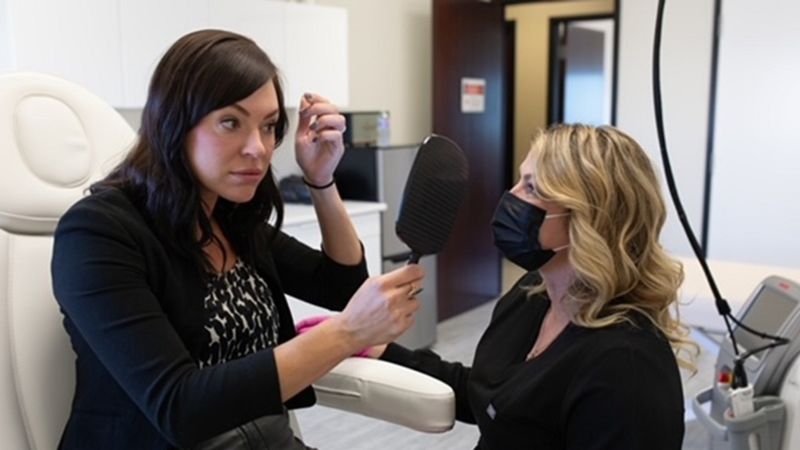Women’s lunch highlights cancer screening
According to the Canadian Cancer Society, colorectal cancer is the third leading cause of death from cancer in women and is also the third most commonly diagnosed women’s cancer.
To recognize October as Women’s Cancer Awareness Month the society hosted their annual Lunch with Friends event. Its primary goal is to teach the benefits of colorectal cancer screening and to encourage women to monitor their bodies.
“Understanding really gives us power to educate ourselves and to do the right thing,” said Annamea Perry, manager of the screening program for colorectal cancer at the Saskatchewan Cancer Agency.
Many people have been impacted by the incurable disease. Janet Thompson not only fought breast cancer herself for 17 years, but also lost her daughter to spinal cord cancer, brother to kidney cancer, and husband to lung cancer. This is why she feels screening is so important.


